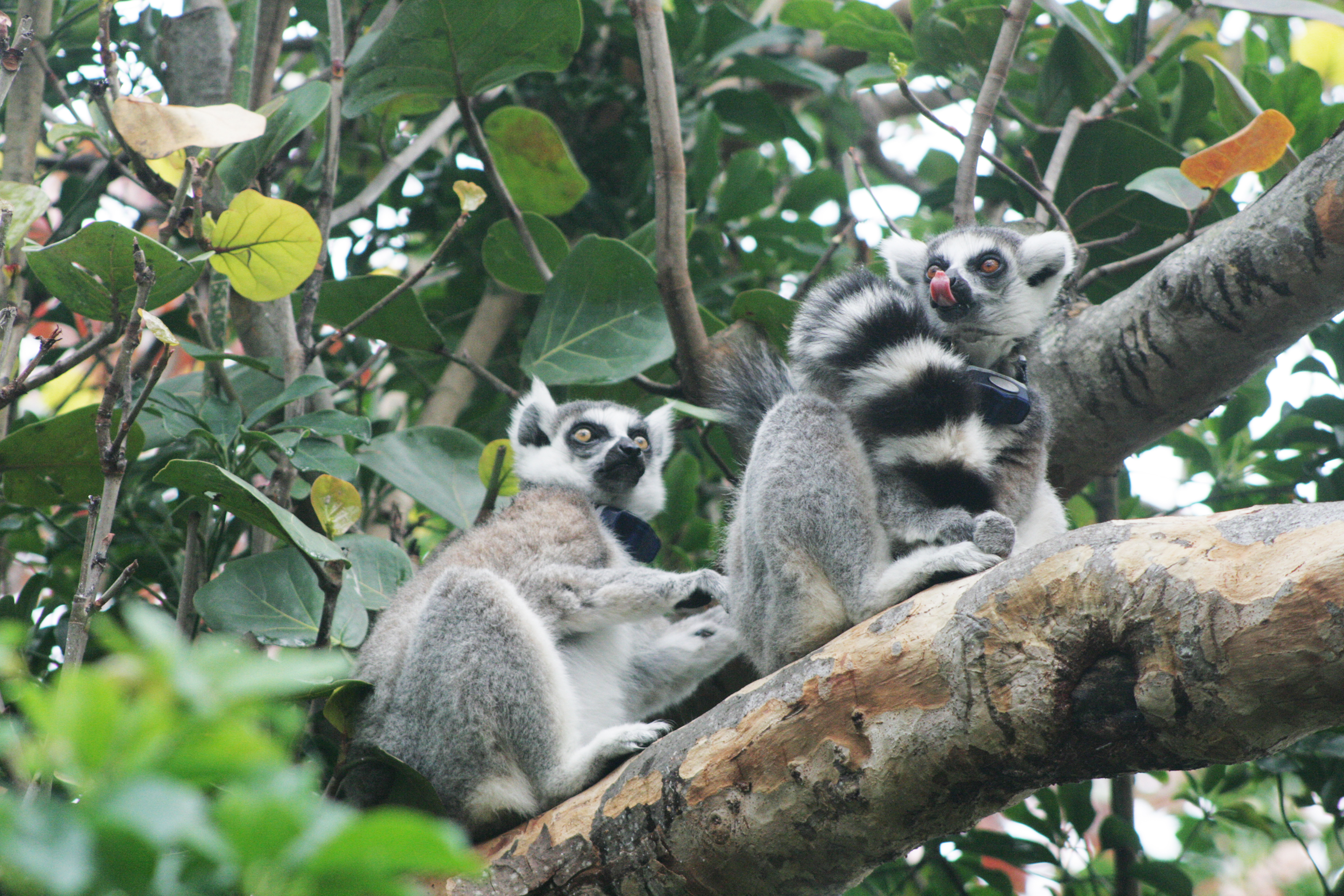Recent News
First Longtail release of the yearFriday, June 01, 2018
In the early morning of Monday, 28th May, Roma Hayward, Animal Care and Quarantine Officer, released our first rehabilitated longtail of the season.
Plein Air Society paints on Trunk Island
Friday, June 01, 2018
After meeting Dr. Ian Walker at a Bermuda Tourism Authority event, Rhona Emmerson was able to arrange for her group of artists - the Plein Air Society - to take a trip out to Trunk Island for a morning of painting on Sunday, 22nd April.
MSA students hold Toad-ally Terrific event
Thursday, May 24, 2018
Pupils from a convent school are helping Bermuda’s struggling toad population.
Video: Bridget The Sea Turtle’s Rehabilitation
Saturday, May 19, 2018
The Bermuda Tourism Authority has released a video highlighting the successful rehabilitation of a sea turtle named ‘Bridget’, with the video also providing tips on how to help if you find an injured turtle.
Endangered predators may lead to erosion of reefs
Thursday, May 17, 2018
Major marine predators including groupers and snappers are endangered, a scientist has warned.
About
GovernanceAbout Us
Newsletter
Latest News
Gift & Bookstore
Contact
General Inquiries
info@bzs.bm
Latest News
All the latest updates and news from the Bermuda Aquarium, Museum, and Zoo, one of Bermuda's leading visitor attractions!

The residents of the Bermuda Aquarium Museum and Zoo have not received Covid-19 vaccinations, but that could change as research continues.
Ian Walker, principle curator at BAMZ, confirmed that while some larger zoos in the United States have been working with a vaccine manufacturer to test a potential vaccine on a variety of species, no such vaccinations have been performed at BAMZ.
Dr Walker said: “It is my understanding that the United States Department of Agriculture has approved this vaccine for experimental use on a case-by-case basis in the United States only.”
He added that the number of species known to contract Covid-19 – and show symptoms of the virus – is still growing.
Dr Walker said: “The number of species of animals that are known to become infected, including showing symptoms, with this virus are growing.
“This is why we have taken the strict precautions we have at BAMZ from the start of the pandemic. These precautions help to protect our staff, animals and our visitors.
“We will continue to follow the science, work with our partners and will vaccinate the appropriate animal populations when a vaccine has been approved and we can gain access to it.”
The US-based Centres for Disease Control said that “companion animals” such as cats and dogs, along with several other species, have been able to contract the virus.
The CDC said: “There have been reports of animals infected with the virus worldwide. Most of these animals became infected after contact with people with Covid-19.”
Along with a small number of pets, zoo animals including lions, tigers, pumas, cougars, snow leopards and gorillas have tested positive for Covid-19 after showing signs of illness.
Minks at farms in several countries have also been shown to contract the virus, with mink to human spread of Covid-19 reported in the Netherlands, Denmark and Poland.
Recent experimental research has shown that many other mammals, including bank voles, ferrets, fruit bats, hamsters, pigs, rabbits, racoon dogs, tree shrews and white-tailed deer can be infected with the virus.


